Find Help
More Items From Ergsy search
-
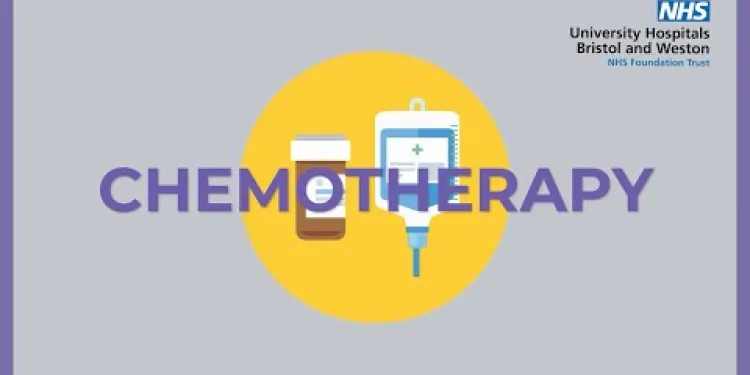
Chemotherapy
Relevance: 100%
-
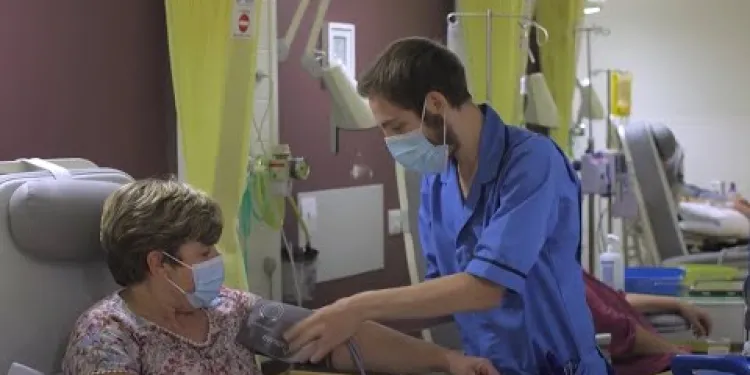
Chemotherapy - the patient journey
Relevance: 89%
-
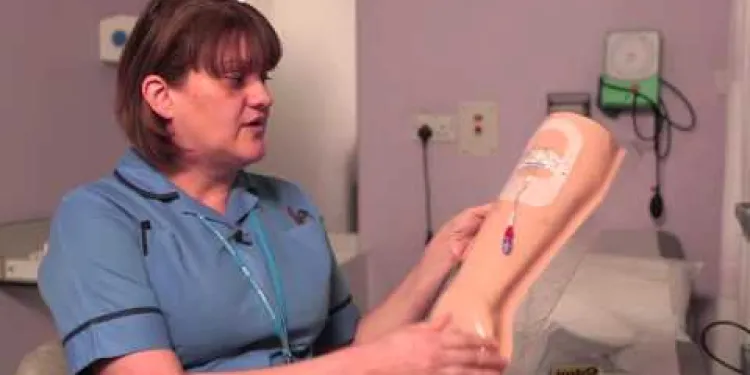
Chemotherapy - The Queen's Centre
Relevance: 89%
-
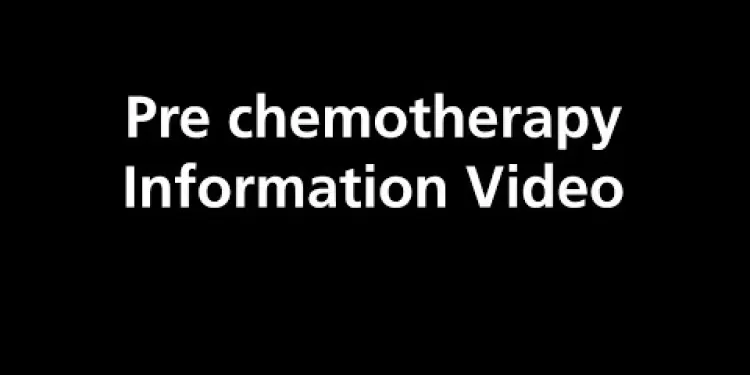
Pre chemotherapy Information Video
Relevance: 85%
-
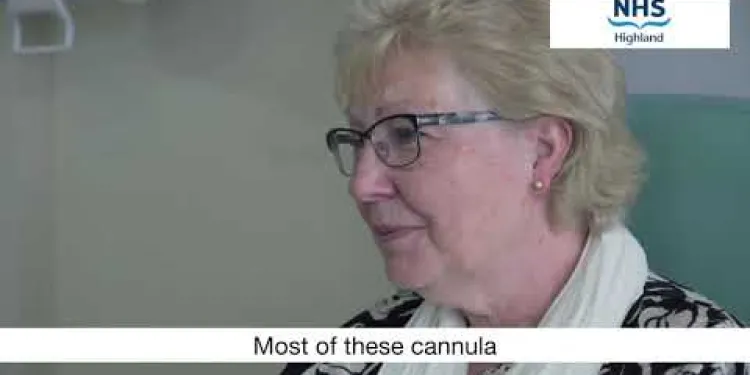
Introduction to Chemotherapy, NHS Highland
Relevance: 84%
-

Is Abiraterone a chemotherapy drug?
Relevance: 84%
-
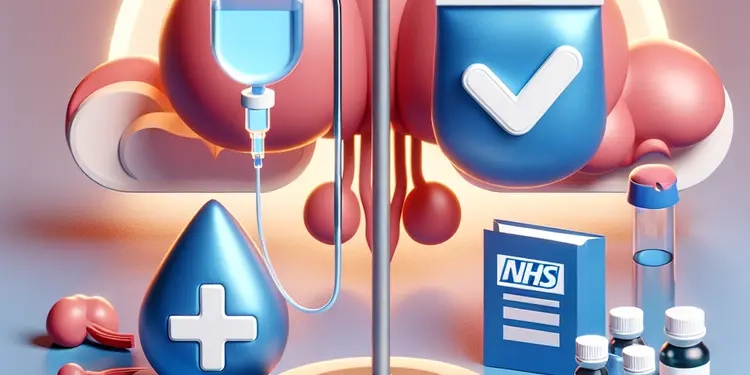
When is chemotherapy used for prostate cancer?
Relevance: 82%
-
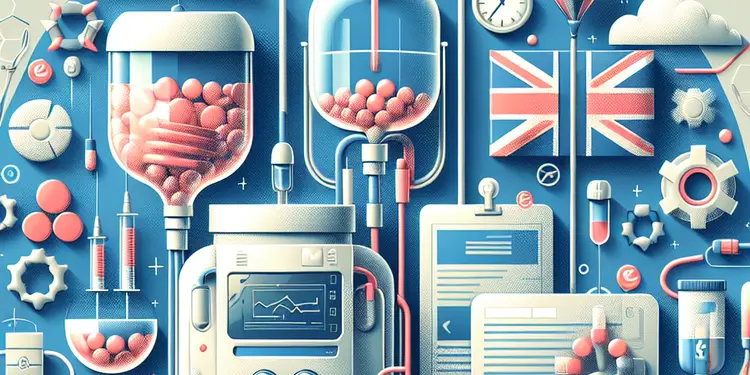
Is Paillon treatment a form of chemotherapy?
Relevance: 73%
-
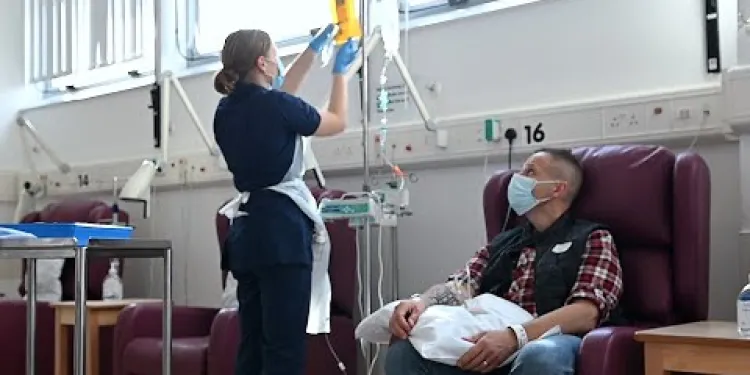
Having chemotherapy and other treatments in the Day Treatment Unit
Relevance: 73%
-
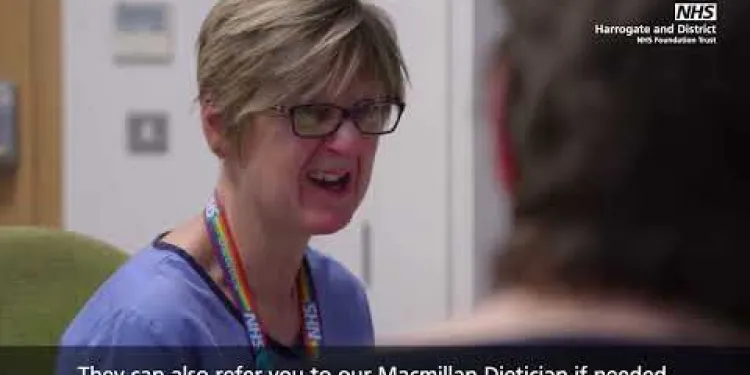
Information for all cancer patients receiving Chemotherapy or Targeted Therapy at HDFT.
Relevance: 65%
-
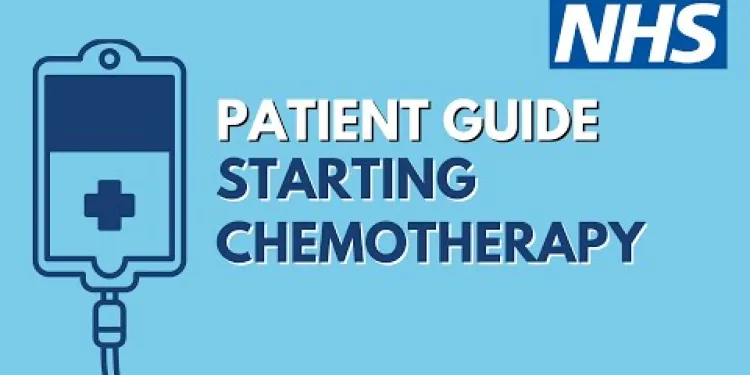
Starting Chemotherapy
Relevance: 54%
-

What types of treatments are available for testicular cancer?
Relevance: 35%
-
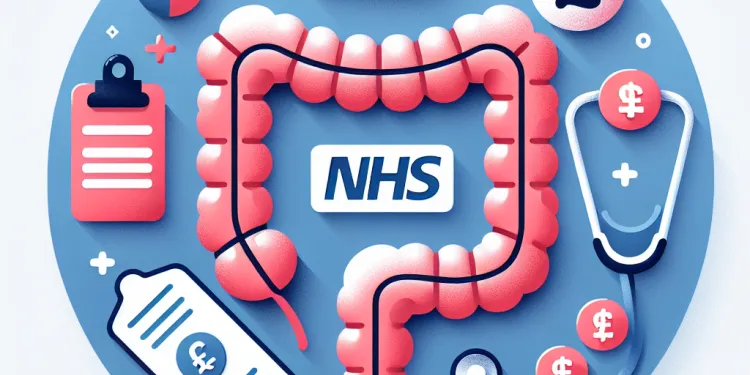
What treatment options are available for bowel cancer?
Relevance: 33%
-

How is advanced prostate cancer treated?
Relevance: 29%
-

What's the difference between seminomas and non-seminomas?
Relevance: 29%
-

Treating prostate cancer
Relevance: 29%
-

Is testicular cancer treatable?
Relevance: 28%
-

How is prostate cancer treated?
Relevance: 28%
-

What is radiation therapy?
Relevance: 27%
-

What are the side effects of bowel cancer treatment?
Relevance: 27%
-

Can prostate cancer be treated with targeted therapy?
Relevance: 26%
-

What is a seminoma?
Relevance: 26%
-
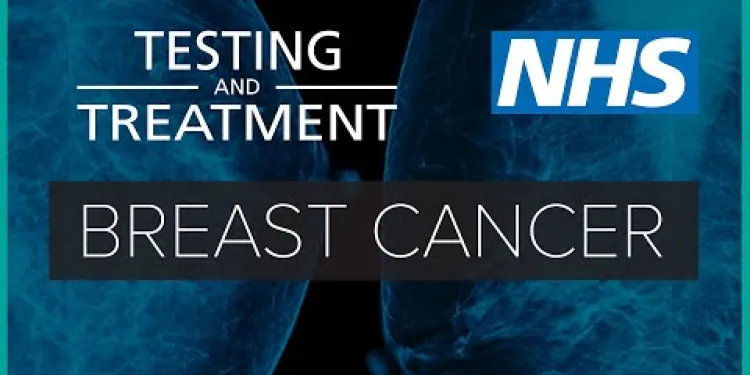
Breast cancer: testing and treatment | NHS
Relevance: 25%
-
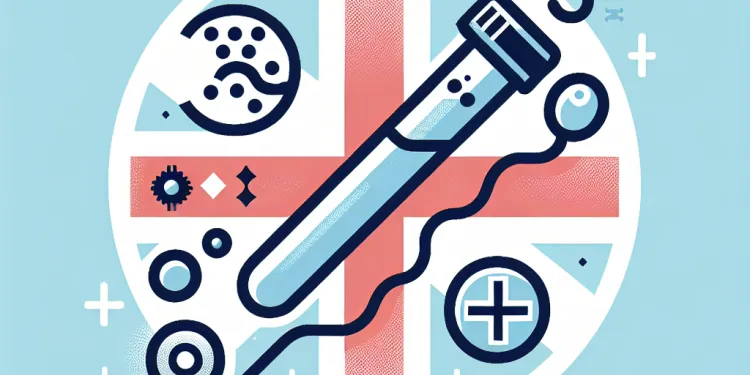
Is fertility affected by testicular cancer?
Relevance: 23%
-

What is colorectal cancer?
Relevance: 23%
-

Ovarian Cancer
Relevance: 23%
-

What is testicular cancer?
Relevance: 23%
-

Can testicular cancer spread to other parts of the body?
Relevance: 23%
-

Breakthrough Cancer Treatment Shows Promise for NHS Patients
Relevance: 22%
-
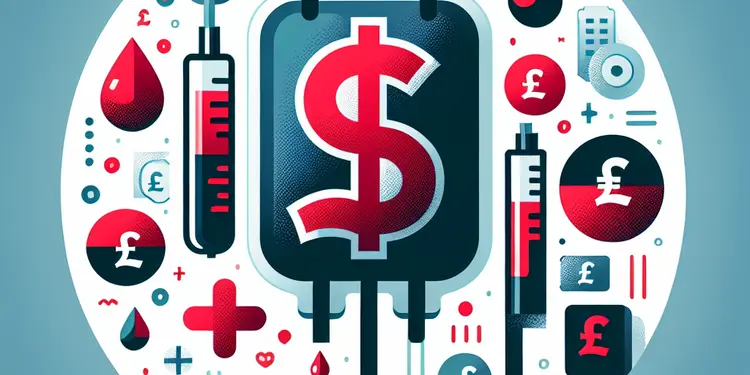
What are some common reasons blood transfusions are needed?
Relevance: 22%
-

An Interview With JC About His Leukemia And His Leukemia Treatment
Relevance: 21%
-

What is Paillon treatment for cancer?
Relevance: 21%
-
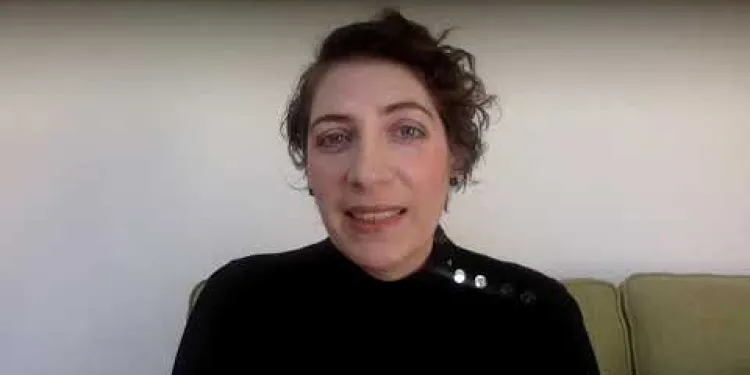
World Pancreatic Cancer Day - No Time to Wait
Relevance: 21%
-

Is Abiraterone used in combination with other medications?
Relevance: 21%
-

What is antibiotic resistance?
Relevance: 20%
-
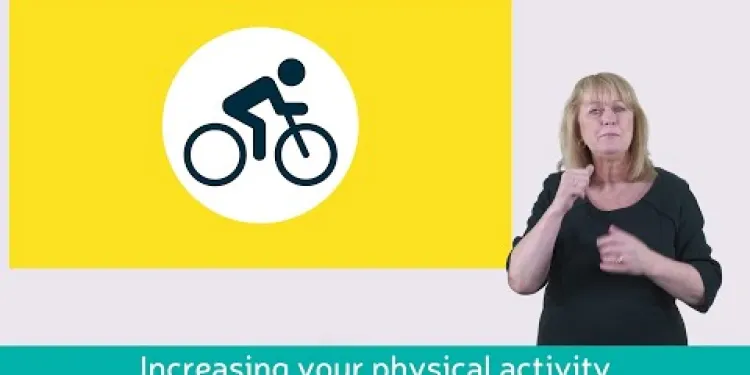
Learn about bowel cancer (British Sign Language version)
Relevance: 20%
-
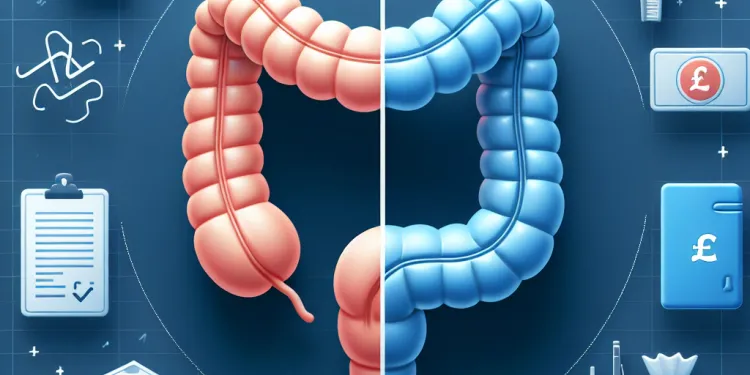
What is the difference between colon cancer and rectal cancer?
Relevance: 19%
-

What is testicular cancer?
Relevance: 18%
-
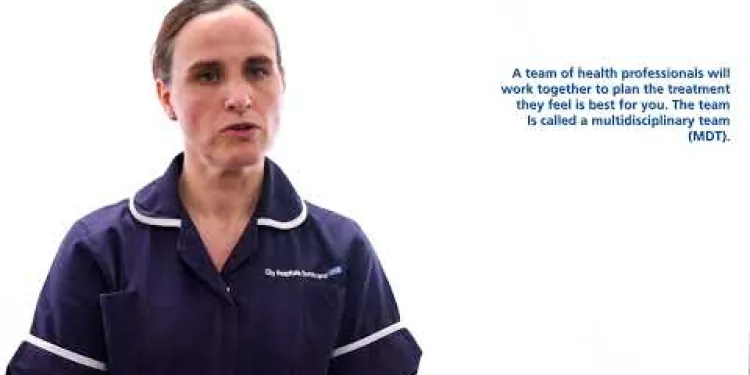
Mesothelioma
Relevance: 18%
-
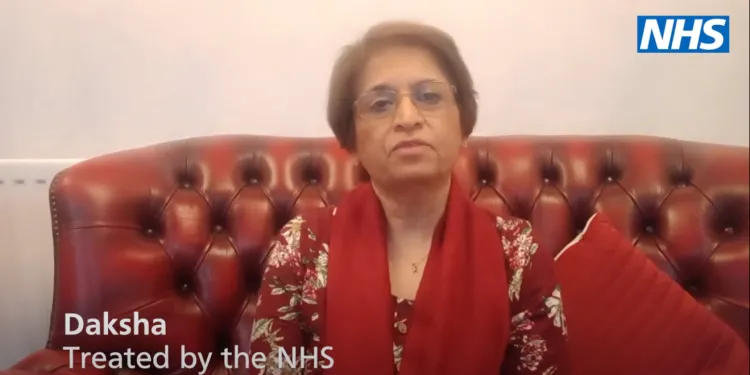
What is Cancer?
Relevance: 17%
Chemotherapy - The Queen's Centre
Introduction
Chemotherapy is a common treatment used to combat various types of cancer. The Queen's Centre for Oncology and Haematology, located in Hull, is a leading facility in the United Kingdom, offering state-of-the-art chemotherapy treatments. This centre is dedicated to providing comprehensive care, ensuring patients receive the best possible support throughout their treatment journey.
What is Chemotherapy?
Chemotherapy involves the use of powerful drugs to destroy cancer cells, inhibiting their ability to grow and divide. It can be administered in various ways, including intravenously, orally, or through direct injection into a specific area. The goal of chemotherapy is to eliminate cancer cells, reduce tumor size, or alleviate cancer-related symptoms.
Treatment Options at The Queen's Centre
The Queen's Centre offers an array of chemotherapy options tailored to meet individual patient needs. The centre employs a team of highly skilled oncologists, nurses, and support staff who work collaboratively to develop personalised treatment plans. Patients can access both outpatient and inpatient services, ensuring flexibility and convenience based on their treatment requirements.
Support Services
Recognizing the emotional and physical challenges associated with chemotherapy, The Queen's Centre provides extensive support services. These include psychological counselling, nutritional advice, and complementary therapies such as acupuncture and massage. Additionally, the centre offers support groups where patients can share experiences and gain strength from others undergoing similar treatments.
Innovative Research and Clinical Trials
The Queen's Centre is at the forefront of cancer research, actively participating in numerous clinical trials that explore innovative chemotherapy techniques and drug combinations. Patients have the opportunity to enroll in these trials, gaining access to cutting-edge treatments that may not be widely available. This commitment to research ensures that The Queen's Centre remains a leader in advancing cancer care.
Conclusion
Chemotherapy is a vital component of cancer treatment, and The Queen's Centre in Hull stands out as a premier facility in the UK. By offering tailored treatment plans, comprehensive support services, and access to pioneering research, the centre ensures that patients receive the highest standard of care. Those facing a cancer diagnosis can find hope and healing at The Queen's Centre.
Chemotherapy - The Queen's Centre
Introduction
Chemotherapy is a treatment that helps fight cancer. The Queen's Centre for Oncology and Haematology is in Hull, UK. It is one of the best places for getting chemotherapy. This centre helps people get better and supports them through their treatment.
What is Chemotherapy?
Chemotherapy uses strong medicine to kill cancer cells. These cells are bad because they grow and spread quickly. The medicine can be taken in different ways, like through a needle, by mouth, or injected directly into a specific part of the body. Chemotherapy aims to get rid of cancer cells, make tumors smaller, or help with cancer symptoms.
Treatment Options at The Queen's Centre
The Queen's Centre has many types of chemotherapy treatments. The staff includes doctors, nurses, and helpers who work together to create the best plan for each patient. Patients can get treatment at the hospital or come for the day, depending on what they need.
Support Services
The Queen's Centre understands that chemotherapy can be hard physically and emotionally. They provide lots of support like talking with counselors, giving healthy eating tips, and offering other therapies like acupuncture and massage. There are also support groups where patients can talk to each other and share their stories.
Innovative Research and Clinical Trials
The Queen's Centre is always looking for new ways to treat cancer. They do research and testing with new chemotherapy drugs. Patients can join these tests to try new treatments that aren’t available everywhere yet. This makes the centre a leader in cancer care.
Conclusion
Chemotherapy is an important way to treat cancer, and The Queen's Centre in Hull is one of the best places for it in the UK. They offer special treatment plans, lots of support, and access to new research. People with cancer can find hope and healing at The Queen's Centre.
Frequently Asked Questions
What is chemotherapy?
Chemotherapy is a type of cancer treatment that uses drugs to destroy cancer cells.
How is chemotherapy administered?
Chemotherapy can be given in several ways, including intravenously (IV), orally (by mouth), or by injection.
How long does a chemotherapy session take?
The length of a chemotherapy session can vary, ranging from a few minutes to several hours, depending on the treatment plan.
What are the common side effects of chemotherapy?
Common side effects include nausea, vomiting, fatigue, hair loss, and an increased risk of infection.
Can I continue working during chemotherapy?
Many people are able to work during chemotherapy, but some may need to adjust their schedules or take time off depending on how they feel and the side effects they experience.
Are there any dietary restrictions during chemotherapy?
It's advisable to eat a balanced diet, but specific recommendations can vary. Consult your healthcare team for personalised advice.
Will chemotherapy affect my fertility?
Chemotherapy can affect fertility in both men and women, so it's important to discuss fertility preservation options with your doctor before starting treatment.
Can I exercise while undergoing chemotherapy?
Light to moderate exercise can be beneficial during chemotherapy, but it's important to tailor your activity level based on your energy and strength. Consult your healthcare team for personalised advice.
What should I do if I experience severe side effects?
Contact your healthcare team immediately if you experience severe side effects. They can provide guidance and support to manage your symptoms.
How often will I need to have chemotherapy?
The frequency of chemotherapy sessions depends on the type of cancer, the specific drugs used, and your treatment plan. It could range from daily to every few weeks.
Can I drive after a chemotherapy session?
Some people may feel perfectly fine to drive, while others may feel fatigued or dizzy. It's best to have someone with you who can drive you home until you know how you will react to the treatment.
How will chemotherapy affect my immune system?
Chemotherapy can weaken the immune system, making you more susceptible to infections. It's important to take precautions to reduce your risk of infections.
What should I bring to my chemotherapy sessions?
You may want to bring items such as a blanket, books, magazines, headphones, and snacks to help you stay comfortable and occupied during the session.
Will I lose my hair as a result of chemotherapy?
Hair loss is a common side effect of some chemotherapy drugs, but not all treatments cause hair loss. Discuss your specific treatment with your healthcare team.
Is there support available for emotional and psychological effects of chemotherapy?
Yes, support services such as counselling, support groups, and mental health services are available to help you cope with the emotional and psychological effects of chemotherapy.
What is chemotherapy?
Chemotherapy is a way to treat cancer. It uses strong medicine to kill cancer cells. These medicines are called "chemo." They stop the bad cells from growing. Chemo can also hurt good cells, which might make you feel sick.
If you want to know more, you can:
- Talk to a doctor or nurse.
- Ask a family member to help explain it.
- Look at picture books about cancer.
Chemotherapy is a way to treat cancer. It uses special medicine to kill cancer cells.
How do you get chemotherapy?
You can have chemotherapy in different ways. It can go into your body through a small tube in your arm (IV). You can also take it as a pill you swallow. Or, it might be a shot with a needle.
How long does a chemotherapy session take?
Chemotherapy is a treatment to fight cancer. It can take a long time.
Here is what to expect:
- Sometimes it takes 30 minutes.
- Sometimes it takes a few hours.
- Sometimes it takes all day.
Bring something to do, like a book or music.
Ask someone to come with you for support.
Tell the nurse if you feel sick or scared.
How long someone spends having chemotherapy can be different. It might be just a few minutes or it might take a few hours. It depends on the plan the doctor has made for the treatment.
What can happen to your body with chemotherapy?
Chemotherapy is medicine that helps fight cancer. But it can also make you feel not well. Here are some things that might happen: - Feel very tired - Feel sick in your tummy - Your hair might fall out - Get a sore mouth - Changes in how food tastes If you feel worried or need help, tell your doctor or nurse. They can help you feel better. Some people use soft toothbrushes or special mouthwashes if their mouth hurts. Eating small meals or ginger can help with a sick tummy. It's important to have people looking after you when having chemotherapy.Some things might happen when taking medicine:
- Feeling sick in the tummy (nausea).
- Throwing up (vomiting).
- Feeling very tired (fatigue).
- Hair falling out (hair loss).
- Getting sick more easily (increased risk of infection).
Using pictures or talking with someone can help understand this better.
Can I keep my job while having chemotherapy?
Lots of people can still work when they have chemotherapy. But sometimes, they might need to change their work hours or take a break if they feel sick or tired.
Can I eat anything I want during chemotherapy?
It is good to eat different kinds of healthy foods. Everyone might need something a little different, so it's a good idea to ask your doctor or nurse what is best for you.
Will chemo make it hard to have babies?
Chemotherapy is a medicine that can make it hard to have children later. This is true for both men and women. It is important to talk to your doctor about ways to save eggs or sperm before you start taking the medicine.
Can I exercise during chemotherapy treatment?
Yes, you can exercise during chemotherapy, but it's important to be careful. Exercise can help you feel better and have more energy.
Before you start, talk to your doctor. They will tell you what exercises are safe for you.
Here are some tips to help you:
- Start with easy exercises, like walking.
- Listen to your body and rest if you feel tired.
- Ask a friend or family member to join you for support.
Remember, it's okay to take it slow and be gentle with yourself.
Doing a little bit of exercise can help you when you're having chemotherapy. But you must be careful and do what feels right for your body. Talk to your doctor or nurse to find out what exercises are best for you.
What if I feel very sick from medicine?
If you feel very sick after taking medicine, tell an adult. You can tell a parent, teacher, or doctor. They can help you. You can also call a doctor to ask for advice. It is important to tell someone so they can help you feel better.
You can:
- Write down what you feel. This helps doctors understand.
- Use pictures to show how you feel.
Remember, ask for help! You are not alone.
If you feel very sick after taking your medicine, tell your doctor or nurse right away. They can help you feel better and tell you what to do.
How many times will I need to have chemotherapy?
Chemotherapy is a medicine treatment. It helps to fight cancer. A doctor will tell you how many times you need it.
Here’s what you can do:
- Ask your doctor to explain in simple words.
- Take someone with you to appointments to help remember information.
- Write down any questions you have.
How often you have chemotherapy depends on what kind of cancer you have and the medicine you need. You might have it every day or every few weeks.
Can I drive after a chemotherapy session?
After chemotherapy, your body might feel tired or weak. This can make it hard to drive safely. It is a good idea to ask someone else to drive you home.
Here are some helpful things you can do:
- Bring a friend or family member with you who can drive.
- Rest before and after your treatment.
If you feel unsure, ask your doctor or nurse. They can give you more advice.
After treatment, some people feel okay to drive. But some people might feel very tired or dizzy. It's a good idea to have a friend or family member come with you who can drive you home. This way, you can be safe until you know how you feel after the treatment.
What will chemotherapy do to my body's defense system?
Chemotherapy is a treatment for cancer. It uses strong medicine to kill cancer cells.
These strong medicines can also affect your body's defense system. This system is called the immune system. It helps to fight off illnesses and germs.
When you have chemotherapy, your immune system can become weaker. This means you might get sick more easily.
To help keep your immune system strong, you can:
- Eat healthy foods like fruits and vegetables.
- Wash your hands often to keep germs away.
- Rest and sleep well to help your body recover.
- Avoid people who are sick.
Talking to your doctor or nurse can also help. They can give you more tips to stay healthy.
Chemotherapy can make your body's defense system weak. This means you can get sick more easily. You should be careful and protect yourself from getting sick.
What should I take when I go for my chemo treatment?
When you go for chemo, you can bring some things to help you feel better and pass the time. Here are some ideas:
- Comfy clothes: Wear loose and soft clothes.
- Blanket: Take a cozy blanket to keep warm.
- Snacks and drinks: Bring food and drinks you like.
- Books or magazines: Take something fun to read.
- Music or movies: Use a tablet or phone to listen to music or watch a movie.
- Headphones: Bring them if you want to listen quietly.
- Notebook and pen: Use these to write notes or draw.
Ask a friend or family member if they want to come with you for support. You can also talk to the nurses or doctors if you have questions.
You might want to bring some things to help you feel comfy and have fun. These things can be:
- A soft blanket
- Books to read
- Magazines to look at
- Headphones to listen to music
- Yummy snacks
These will help you enjoy your time.
Will I lose my hair if I have chemotherapy?
Chemotherapy is a type of medicine used to treat cancer. Sometimes, people lose their hair when they take it. Everyone is different, so it might not happen to you. It's a good idea to ask your doctor or nurse about it. They can help you understand what to expect.
Some people find it helpful to wear hats or wigs if they lose their hair. You can talk to others who have been through the same thing. They might have good ideas to make you feel better.
Some medicine for cancer can make your hair fall out. But not all medicine does this. Talk to your doctor or nurse to know what will happen with your treatment.
Can I get help with my feelings during chemotherapy?
Chemotherapy can be tough. It might make you feel sad or worried. But help is available!
Here are some ways to get support:
- Talk to a doctor or nurse about how you feel.
- Join a support group to share your feelings with others.
- Consider seeing a counselor or therapist.
- Try relaxing activities like drawing or listening to music.
Remember, it's okay to ask for help!
Yes, there are services to help you when you feel sad or worried because of your treatment. You can talk to a counselor, join a group, or use mental health services.
Useful Links
This website offers general information and is not a substitute for professional advice.
Always seek guidance from qualified professionals.
If you have any medical concerns or need urgent help, contact a healthcare professional or emergency services immediately.
Some of this content was generated with AI assistance. We’ve done our best to keep it accurate, helpful, and human-friendly.
- Ergsy carfully checks the information in the videos we provide here.
- Videos shown by Youtube after a video has completed, have NOT been reviewed by ERGSY.
- To view, click the arrow in centre of video.
- Most of the videos you find here will have subtitles and/or closed captions available.
- You may need to turn these on, and choose your preferred language.
- Go to the video you'd like to watch.
- If closed captions (CC) are available, settings will be visible on the bottom right of the video player.
- To turn on Captions, click settings .
- To turn off Captions, click settings again.
More Items From Ergsy search
-

Chemotherapy
Relevance: 100%
-

Chemotherapy - the patient journey
Relevance: 89%
-

Chemotherapy - The Queen's Centre
Relevance: 89%
-

Pre chemotherapy Information Video
Relevance: 85%
-

Introduction to Chemotherapy, NHS Highland
Relevance: 84%
-

Is Abiraterone a chemotherapy drug?
Relevance: 84%
-

When is chemotherapy used for prostate cancer?
Relevance: 82%
-

Is Paillon treatment a form of chemotherapy?
Relevance: 73%
-

Having chemotherapy and other treatments in the Day Treatment Unit
Relevance: 73%
-

Information for all cancer patients receiving Chemotherapy or Targeted Therapy at HDFT.
Relevance: 65%
-

Starting Chemotherapy
Relevance: 54%
-

What types of treatments are available for testicular cancer?
Relevance: 35%
-

What treatment options are available for bowel cancer?
Relevance: 33%
-

How is advanced prostate cancer treated?
Relevance: 29%
-

What's the difference between seminomas and non-seminomas?
Relevance: 29%
-

Treating prostate cancer
Relevance: 29%
-

Is testicular cancer treatable?
Relevance: 28%
-

How is prostate cancer treated?
Relevance: 28%
-

What is radiation therapy?
Relevance: 27%
-

What are the side effects of bowel cancer treatment?
Relevance: 27%
-

Can prostate cancer be treated with targeted therapy?
Relevance: 26%
-

What is a seminoma?
Relevance: 26%
-

Breast cancer: testing and treatment | NHS
Relevance: 25%
-

Is fertility affected by testicular cancer?
Relevance: 23%
-

What is colorectal cancer?
Relevance: 23%
-

Ovarian Cancer
Relevance: 23%
-

What is testicular cancer?
Relevance: 23%
-

Can testicular cancer spread to other parts of the body?
Relevance: 23%
-

Breakthrough Cancer Treatment Shows Promise for NHS Patients
Relevance: 22%
-

What are some common reasons blood transfusions are needed?
Relevance: 22%
-

An Interview With JC About His Leukemia And His Leukemia Treatment
Relevance: 21%
-

What is Paillon treatment for cancer?
Relevance: 21%
-

World Pancreatic Cancer Day - No Time to Wait
Relevance: 21%
-

Is Abiraterone used in combination with other medications?
Relevance: 21%
-

What is antibiotic resistance?
Relevance: 20%
-

Learn about bowel cancer (British Sign Language version)
Relevance: 20%
-

What is the difference between colon cancer and rectal cancer?
Relevance: 19%
-

What is testicular cancer?
Relevance: 18%
-

Mesothelioma
Relevance: 18%
-

What is Cancer?
Relevance: 17%


